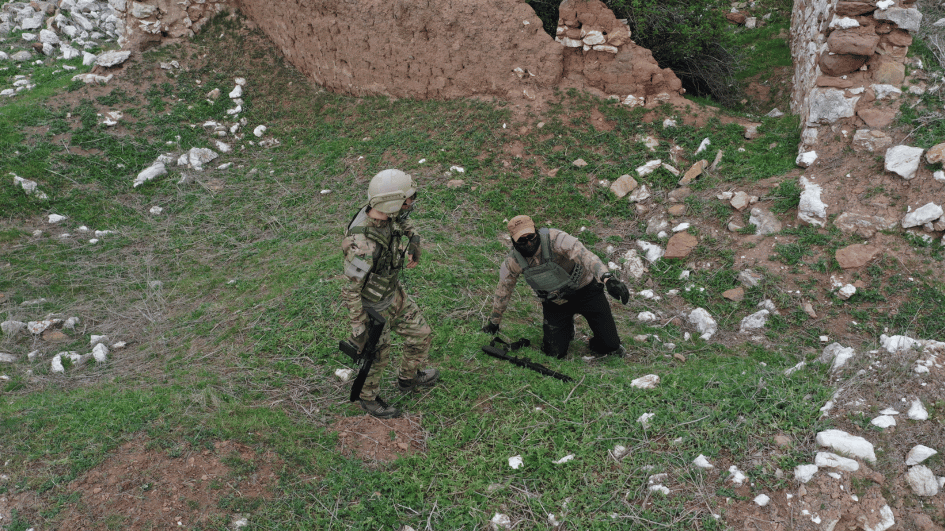Vocational training or religious education?
BİLAL ÇETİN
Turkey is debating one of its most fundamental issues. It is looking for a solution, preparing for a reform. It is called “reform,” but whether or not this would be a reform, or what kind of solution it will bring is a separate debate. But the debate goes on at full steam, with almost aggressive dimensions.The area being discussed is very important. It is one of Turkey’s most essential, most crucial issues: educational reform.
According to the proposed “4+4+4” formula, compulsory education will rise from eight to 12 years, but the “continuousness” will be removed; primary education will be lowered to four years.
This is where the debate focuses, where the fight erupts: The fact that eight-year long uninterrupted primary education will drop to four years.
Opposition has risen, the Turkish Industry and Business Association (TÜSİAD) has reacted; a large number of other nongovernmental organizations have expressed concerns; even some female deputies inside the ruling Justice and Development Party (AKP) have objected and begun saying is was “wrong.”
The essential point of objection can be summed up as such: “The lowering of uninterrupted primary education from eight years to four years and the introduction of a ‘distance learning’ option and ‘open education’ may have the effect of locking female students within the house.”
Prime Minister Recep Tayyip Erdoğan and the AKP have offered to make an amendment to the motion, saying: “We do not have such an intention, but it you have concerns, we will introduce open education only after the second four-year tier.”
Well, has everybody relaxed and objections ended?
Of course not. Because what was intended was not pulling young girls away from the education arena at a young age and locking them at home. Everybody knew that from the beginning, but just as those legislators writing the motion did not disclose their true intention, those who are opposing the motion are not mentioning the real issue and are beating around the bush.
The real issue is not named, but the debate does not consist of either introducing a healthier structure to vocational training, or locking girls in the house.
The main issue is this: The reform will introduce religious training to the core.
Is the real reason of this move to direct children to vocational training after the fourth year? No. The only reason is to meet the demand for a thorough religious education.
This demand is not new; it has existed since the early years of the republic. For this reason the role of İmam Hatips - religious vocational high schools that were started in order to train modern, well-educated, well-equipped imams and preachers, with the transition to multiparty democracy - were gradually inflated and became parallel education institutions, because there was a serious grassroots demand for this direction. A significant segment of society wanted their children to have a thorough religious education, to learn the Koran, to learn Arabic, at the same time as they proceeded with their regular education.
In the past, the İmam Hatip schools were the answer. Now, the intention is to go back to the same system.
What is wished is to provide a thorough religious education in İmam Hatip schools to puberty-age children.
Can’t there be a solution to the issue based on a compromise that is not in any way linked to vocational training?
While respecting the rights of those who do not find it necessary for their children to have thorough religious education, can’t there be an arrangement achieved where an optional religious education is provided for the children of the Sunni Muslims, as well as Alevis and other pious minorities, offered under the same framework of resources? For example, this could be achieved through selective classes or special classes at some schools.
Is it impossible to reach a sustainable solution by debating the issue fully, by taking into consideration pedagogical assessments and by arriving at a political and social consensus?
bcetin@gazetevatan.com
Bilal Çetin is a columnist for daily Vatan in which his piece was published Feb. 29. It was translated into English by the Daily News staff.











